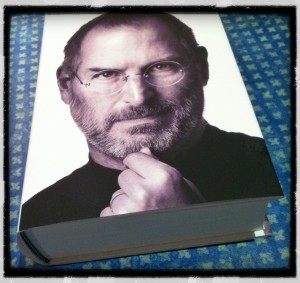John McCarthy has died. Good obit by Jack Schofield in the Guardian tonight.
In 1955, the computer scientist John McCarthy, who has died aged 84, coined the term “artificial intelligence”, or AI. His pioneering work in AI – which he defined as "the science and engineering of making intelligent machines" – and robotics included the development of the programming language Lisp in 1958. This was the second such high-level language, after Fortran, and was based on the idea of computing using symbolic expressions rather than numbers.
McCarthy was also the first to propose a “time-sharing” model of computing. In 1961, he suggested that if his approach were adopted, “computing may some day be organised as a public utility, just as the telephone system is a public utility,” and that that utility could become the basis of a significant new industry. This is the way that ‘cloud computing’ is being sold today.
However, when obliged to choose between the time-sharing work at the Massachusetts Institute of Technology (MIT) and AI, he chose AI. He said: “The ultimate effort is to make computer programs that can solve problems and achieve goals in the world as well as humans. However, many people involved in particular research areas are much less ambitious.”




